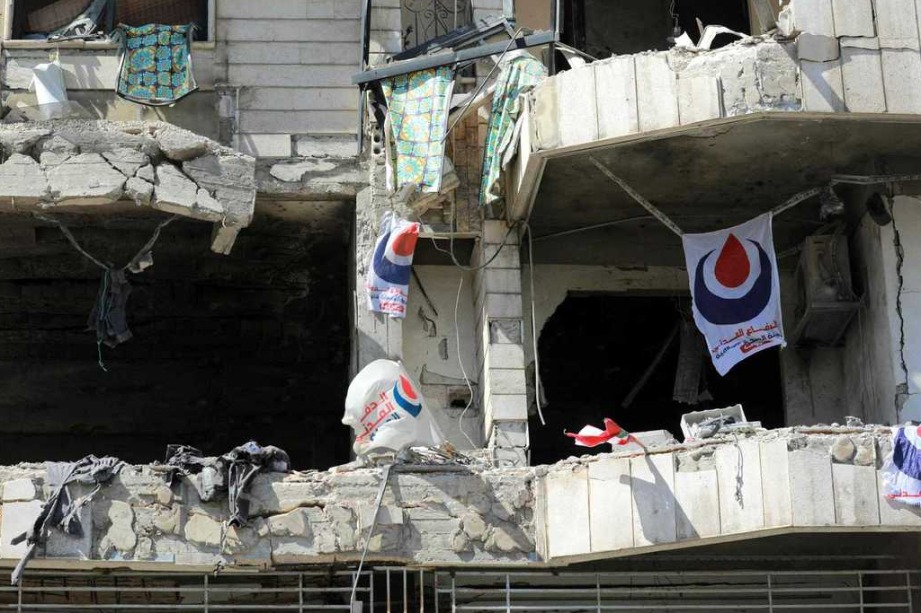Video games - the good, the bad and the so-so

As parents, we have all worried about the effects of violent video games on our kids. The library of studies and meta-analytics continues to grow. The consensus - a term that woefully has become science's new buzzword - seems to be that there are good effects and bad ones.
In other words, it's complicated.
Research on exposure to TV and movies violence has been going on for decades and it suggests that watching violence increases aggressive behavior in children.
It's the same for violent video games, which add physiological arousal and aggressiveness to the mix through participation. It probably explains why one professor of military science compared some games to the training programs used for soldiers and cops.
There's a flip side. Other studies suggest that violent video games can provide a catharsis or outlet for aggressive feelings and even help kids learn and practice how to keep those feelings in check.
Now, researchers have demonstrated that just one hour spent playing video games has a demonstrable beneficial effect on the brain. The team found changes in brain activity and increased performance on tests of visual selective activity in subjects who had spent one hour playing the video game League of Legends. Their results were just published in the journal Frontiers in Human Neuroscience.
Weiyi Ma, assistant professor of human development and family sciences at the University of Arkansas School of Human Environmental Sciences, collaborated with researchers at the Key Laboratory for Neuro Information at the Ministry of Education of China, one of the leading research centers for neuroscience in China. Dezhong Yao and Diankun Gong, who direct the Key lab, serve as co-authors of the article.
Twenty-nine male students at the University of Electronic Science and Technology of China participated in the study. The students were sorted as either experts, who had at least two years of experience playing action video games and were ranked in the top 7 percent of League of Legends players, and non-experts, who had less than half a year of experience and were ranked in the lowest 11 percent of players.
Before and after playing the video game, the participants' visual selective attention was assessed. Visual selective attention refers to the brain's ability to focus on relevant visual information while suppressing less relevant information.
Processing information uses energy, so individuals who excel at visual selective attention- those who can narrow their focus and block out distractions-are using their brains more efficiently.
To assess visual selective attention, the researchers briefly showed each subject a square in the center of a computer screen. Then another square flashed in a different part of the screen and the subject was asked to identify the position of the second square relative to the first.
Throughout the experiment, researchers monitored brain activity using electroencephalography, or EEG, through a device that looks like a bathing cap with wires coming out of it.
Researchers saw that in the initial assessment, expert gamers had more brain activity associated with attention than the non-experts. The experts also scored better on the initial visual selective attention assessment.
After an hourlong video game session, both expert and non-expert players had improved visual selective attention, and the two groups received similar scores on the post-game assessment. The non-experts also showed changes in brain activity, according to the EEG data. After the gaming session, their brain activity was similar to that of the experts.
While the results suggest that short periods of video gaming can change brain activity and improve attention skills, the researchers are quick to point out that further research is needed to see how long these effects last.
"These findings by no means suggest that expertise acquisition can be completed within one hour," they wrote in the paper. "Indeed, research has shown that expertise acquisition is a protracted process that may take years to complete."
The video game industry has seen staggering growth over the last 30 years - from $100 million in 1985 to $4 billion in 1990 and $100 billion in 2016. There's no putting this genie back in its bottle. There should be plenty of subjects around to keep the studies going for the foreseeable future.
































